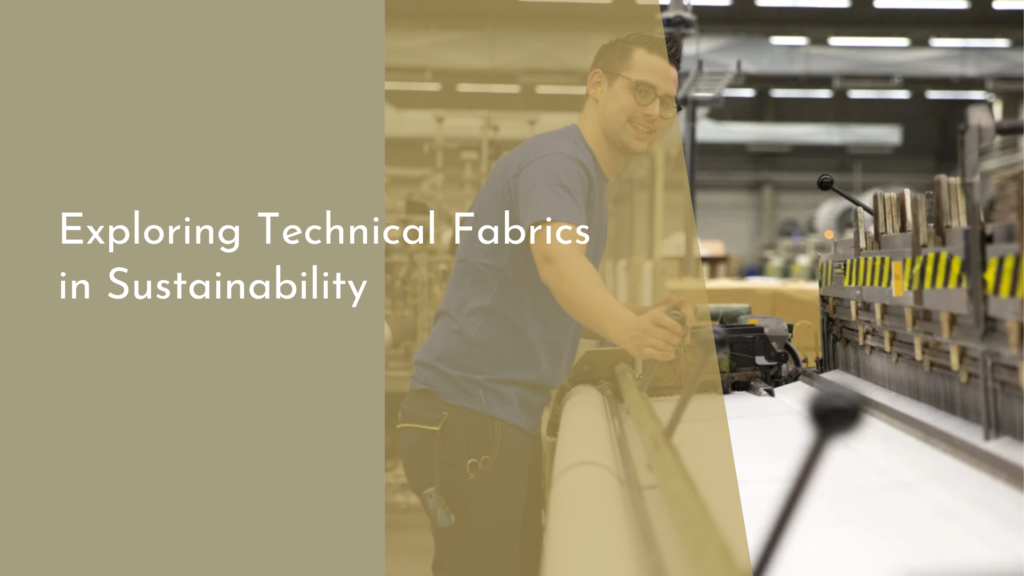Upcycled Plastic School Benches for Developing Nations
In the quest for sustainable solutions to global challenges, the creative repurposing of materials is gaining traction. One of the most innovative approaches is the creation of upcycled plastic school benches, particularly for developing nations. By transforming plastic waste into functional and durable furniture, we not only address environmental concerns but also contribute to enhancing educational infrastructure. This article explores the inspiring journey of upcycled plastic benches, their positive impacts on education, and the empowerment of communities.
Transforming Waste: The Magic of Upcycled Plastic Benches
The concept of upcycling revolves around turning waste materials into valuable products. Upcycled plastic benches are made from discarded plastics, which are often non-biodegradable and harmful to the environment. By using innovative techniques, these plastics are cleaned, melted, and reshaped into sturdy benches that can withstand the rigors of school life. This process not only diverts waste from landfills and oceans but also breathes new life into materials that would otherwise contribute to pollution.
The magic of upcycled plastic benches lies not just in their environmental benefits, but also in their design versatility. These benches come in a variety of colors and styles, allowing schools to create vibrant, inviting learning environments. Furthermore, they are lightweight yet durable, making them easy to move and rearrange for different activities. This transformation of waste into functional furniture captures the imagination and underscores the importance of sustainable practices in our daily lives.
Sustainable Solutions: Enhancing Education in Developing Nations
In many developing nations, inadequate resources often hinder educational progress. Traditional wooden benches are not only costly but also susceptible to damage from weather and wear. Upcycled plastic benches offer a sustainable solution by providing a cost-effective alternative that can withstand harsh conditions. The long-lasting nature of these benches reduces the need for frequent replacements, ultimately saving schools money and allowing them to allocate funds to other essential needs.
Moreover, the introduction of upcycled plastic benches into classrooms directly enhances the learning experience. With comfortable and durable seating, students are likely to focus better and engage more actively in their studies. This improved classroom environment fosters a love for learning and encourages academic achievement. By prioritizing sustainable solutions in education, we set a foundation for better futures for children in developing countries.
Empowering Communities: Benefits of Upcycled School Furniture
The production of upcycled plastic benches often involves local communities, providing job opportunities and promoting skills development. By engaging local artisans and workers, these projects not only create employment but also instill a sense of pride and ownership within the community. As people become involved in the upcycling process, they gain valuable skills in recycling and craftsmanship, which can lead to further economic opportunities.
Additionally, the installation of upcycled benches within schools serves as an educational tool. Students learn about the importance of recycling and sustainability while utilizing furniture made from waste. This hands-on experience fosters environmental responsibility, encouraging the next generation to think critically about their impact on the planet. Empowering communities through the upcycling initiative promotes both economic and environmental sustainability, crafting a brighter future for all.
Bright Futures: Inspiring Change Through Eco-Friendly Designs
The ripple effect of introducing upcycled plastic benches in schools extends beyond immediate benefits. As communities embrace eco-friendly designs, they inspire a broader movement towards sustainability. This shift in mindset encourages individuals and organizations to explore other innovative solutions, such as solar energy and green building practices. By prioritizing eco-friendly designs, we can create a more sustainable world that values both education and environmental stewardship.
Furthermore, upcycled plastic benches can serve as a model for other regions facing similar challenges. Success stories from communities that have implemented these benches can motivate others to adopt similar initiatives. Sharing knowledge and best practices fosters collaboration and creativity, leading to more impactful and widespread changes. Ultimately, through the power of eco-friendly designs, we can shine a light on sustainable practices that inspire change and contribute to a better future for our planet.
The journey of transforming plastic waste into upcycled school benches presents an exciting opportunity for developing nations. By addressing both environmental issues and educational needs, we can make a significant positive impact on communities around the world. As we continue to inspire change through innovative solutions, the hope for a brighter, more sustainable future becomes increasingly achievable. Together, let’s embrace the power of upcycling and empower the next generation of learners to thrive in a healthier planet.


